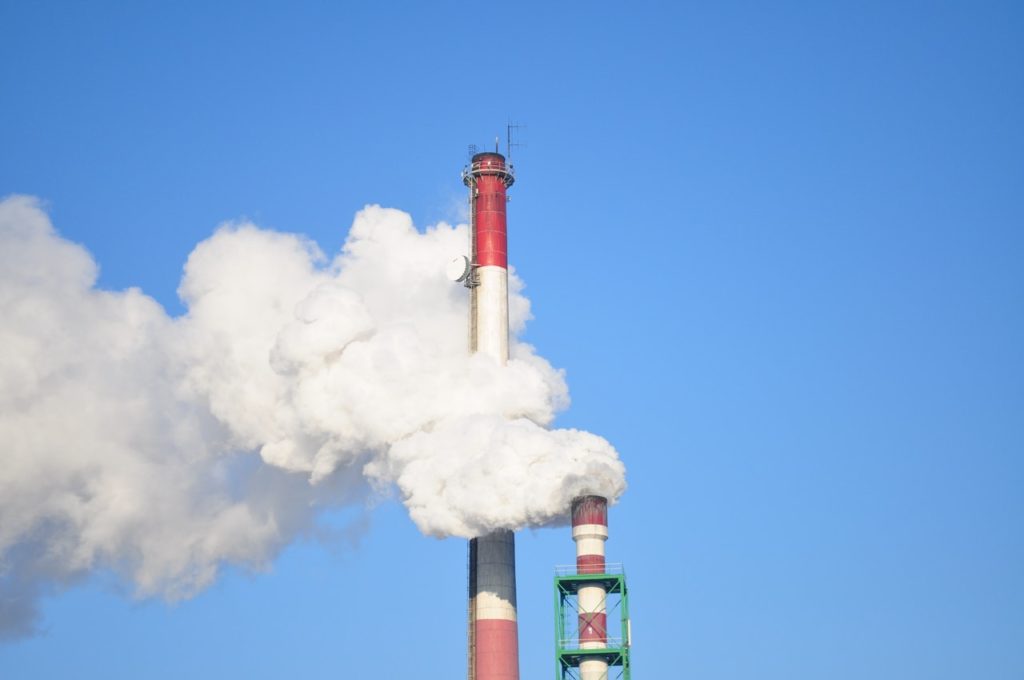Climate change is typically seen as a negative thing. People around the world are aware of its myriad adverse effects. These range from the minor issue of needing window shades to filter otherwise desirable sunlight to extreme weather events that destroy property and force people to relocate.
As our awareness of climate change issues grows, so does the call for businesses to operate sustainably. Companies large and small face pressure to comply with new regulations, listen to the consumer’s voice, and help save the environment.
Like any form of change, this drive towards a more responsible business model often encounters resistance, even if it’s the right thing to do. Businesses tend to cut corners and implement selective green practices instead of pursuing true sustainability.
But what if perception is the real problem? Can businesses stand to thrive and actually grow from the seemingly inevitable trend towards a warmer, unpredictable climate?
Lessons in antifragility
What’s the opposite of fragile? Most people would say robust or resilient. Author Nassim Taleb disagrees. Being fragile means breaking under stress, while resilience means experiencing no harmful effects from the same stress. It’s a neutral reaction, and strictly speaking, not the opposite quality.
The true opposite of fragile would have to be an attribute that makes something gain from exposure to stress. Out of necessity, Taleb coined the term ‘antifragile’ in his book of the same name.
This serves as a useful lens for understanding crises and disruptions. The coronavirus pandemic offers an example of such upheaval on a global scale. Most businesses shut down due to Covid-19 because they were fragile. Many others scrambled to survive and proved resilient but didn’t emerge stronger from the event.
On the other hand, many tech companies, especially those whose products and services enabled online shopping and entertainment or remote productivity, actually thrived. They were perfectly poised to gain from this sort of disruption.

Climate change as a stressor
Climate change bears many similarities to the pandemic. It has adverse effects on a broad swath of the global population. It’s most often framed as a crisis facing humanity, not as a business opportunity.
That’s understandable from a moral perspective, but if you want to move the needle as far as businesses are concerned, you have to paint the picture differently. Focus on compliance, and companies will likely do the minimum they can get away with while continuing to operate as usual.
View climate change as a stressor, something that can be gained from, and you can spur greater action. There are already savvy businesses that are doing well because of this disruption.
Companies that sell energy-efficient products are one example. Agricultural solutions offer another avenue to explore, as cold regions suddenly become arable, and traditional farming areas turn unfavorable. Durable construction is also in demand as the threat of extreme weather events rises.
Managing risks
However, one vital takeaway from Taleb’s work is that being antifragile doesn’t mean betting the farm on a high-risk, high-reward idea. The concept is derived from risk management. Thus, you actually achieve a promising position when you combine high resilience and potential upside.
In the context of the modern crisis, what this means is simple. We can strategize how to benefit from the stressor of climate change, but we still have to do the right thing as far as sustainability is concerned.
Businesses can’t just look out for their own profits. Everything is connected now, as the pandemic has proven. Manage the economic, environmental, and social resources on which your operations rely, and you’ll have the base of resiliency that you need to potentially benefit further from a changing world.




